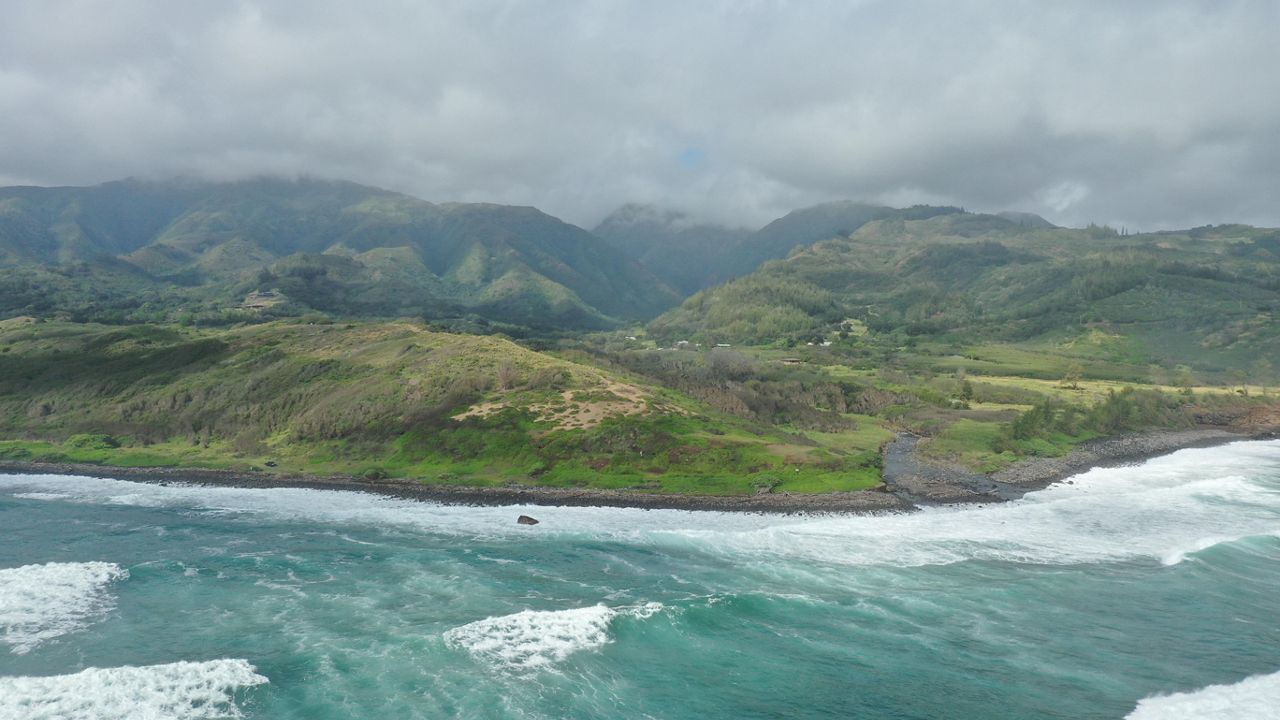The National Oceanic and Atmospheric Administration awarded the nonprofit Hawaii Land Trust a $803,700 grant under its Climate-Ready Coasts initiative.
According to HILT, the funds (part of the Coastal Habitat Restoration and Resilience Grants for Underserved Communities) represent its largest-ever operational grant and will be used for the restoration of Kapoho Loko Ia and Loi Kalo at HILT’s 277-acre Waihee Coastal Dunes and Wetlands Refuge on Maui.
“We are grateful to NOAA for this opportunity to expand our engagement with the Waihee and Waiehu communities in collaborative ecosystem stewardship and Native Hawaiian cultural practice,” said HILT president and CEO Olu Campbell, President. “We intend these efforts to connect people to aina, improve ecosystem function, strengthen coastal resilience and work toward the restoration of a sustainable, traditional food source.”
In a statement released on Wednesday, HILT said it will work with the community to restore the flow of water to the taro fields and fishpond by building a ridge-to-reef model for collaborative land and ocean stewardship. The process will include outreach meetings, workshops, volunteer workdays and educational activities.
Waihee Refuge was once home to two ancient Hawaiian villages, an extensive inland fishpond and several heiau. The refuge was granted permanent protection in 2003 and HILT has since worked to restore natural habitat, provide cultural and aina-based educational programming, and share recreational opportunities for the Waihee community.
The Climate-Ready Coasts initiative invests in high-impact projects that create climate solutions by storing carbon; build resilience to coastal hazards such as extreme weather events, pollution and marine debris; restore coastal habitats that help wildlife and humans thrive; build the capacity of underserved communities and support community-driven restoration; and provide employment opportunities.



